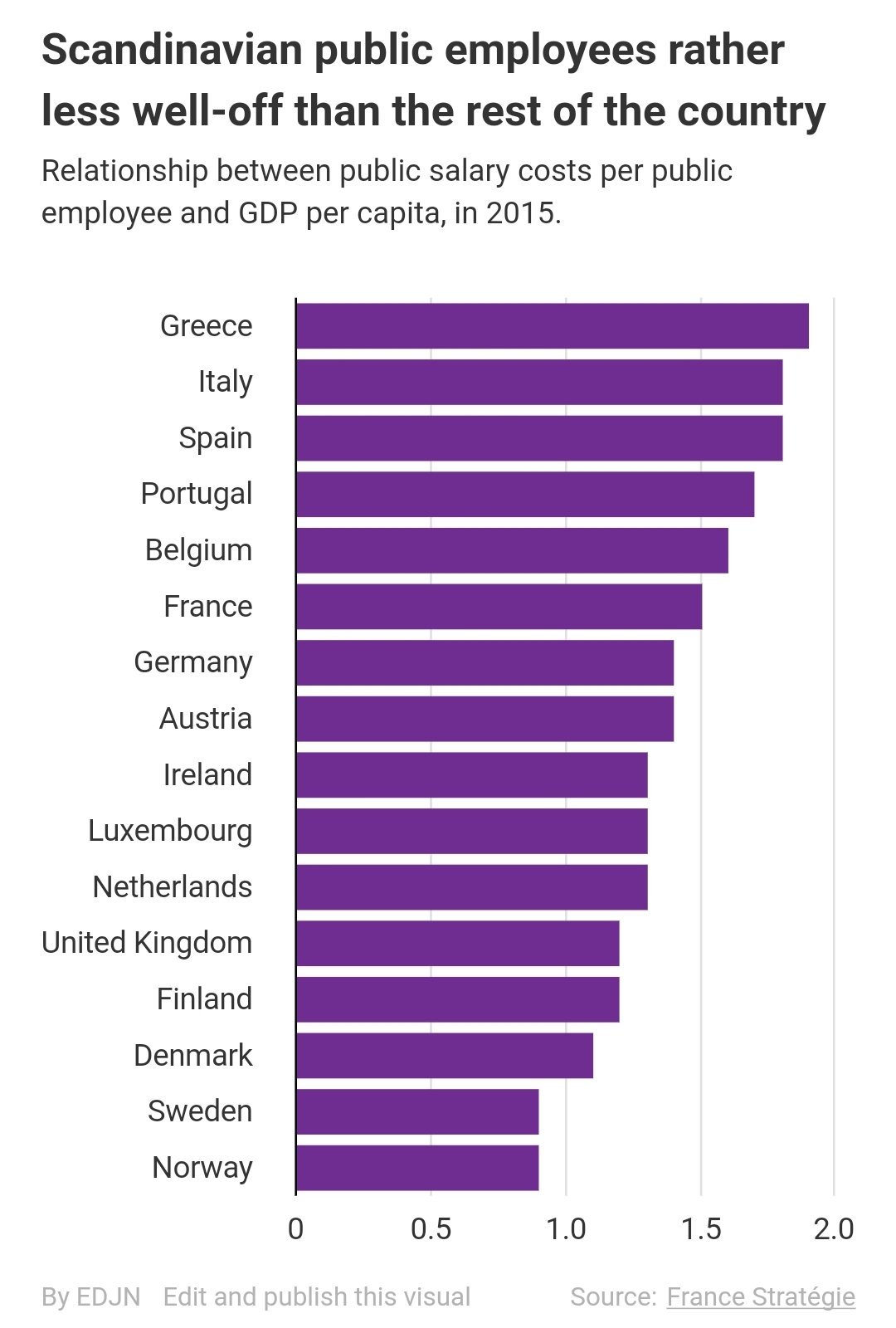“General Motors started Maven, a car-sharing service, in 2016 but had scaled back the effort significantly by the middle of 2019. It started Book by Cadillac—a car-swap subscription service where you could get a Cadillac for a fixed fee of $1,800 a month—but closed it soon after. Walmart bought Jet.com at $3.3 billion and then folded it into its e-commerce business after it got relatively little traction. It’s hard, if not impossible, for the big bus to become a bike or scooter. These companies have big investments in physical assets, such as stores and warehouses and facilities. They have long-standing, fixed relationships with suppliers, dealers, and business partners and are part of existing networks for infrastructure, “logistics, technology, and payment. They have relationships with governments or other public institutions that are difficult to change or break. They have brand equity decades in the making, reputations to protect, and expectations to be filled. And they have organizational structures that are very good at protecting, defending, and perpetuating themselves.”
Organizações que sobrevivem à custa de planos desenhados por amigos em lugares de influência e poder e pagos por dinheiro impostado a saxões contribuintes desgraçados. Organizações que no seu íntimo agradecem: abençoada pandemia!
Trechos retirados de “The Interaction Field” de Erich Joachimsthaler.

































